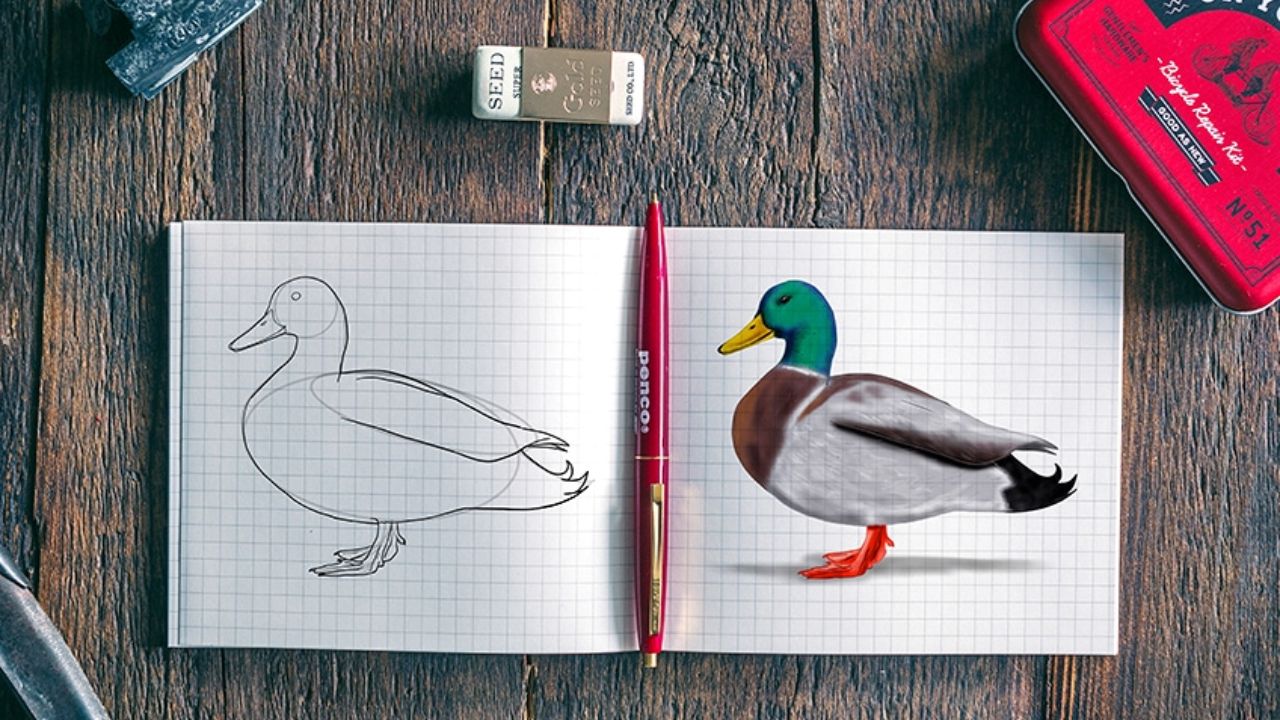Encouraging natural bodily functions like urination is important for maintaining overall health.
However, it’s important to note that forcing yourself to pee when it’s not necessary may not be healthy.
If you’re trying to encourage urination for a specific reason, such as providing a urine sample or relieving discomfort, here are some general tips.
See How to Make Yourself Pee.
Table of contents
Why would I need to make myself pee?
There are a few reasons why you might need to make yourself pee.
One common reason is if you’re trying to stay hydrated and need to empty your bladder more frequently.
Another reason you might need to make yourself pee is if you’re undergoing medical tests or procedures that require a urine sample.
In these cases, your healthcare provider may ask you to drink extra fluids or take medication to stimulate urination in order to collect a sample for testing.
Read ALSO: How to Draw a Pumpkin: Artistic Tips for Autumn Illustrations
Can holding in pee be harmful?
Yes, holding in pee for an extended period of time can be harmful to your health. When you hold in urine, it can put pressure on your bladder and lead to urinary tract infections, bladder infections, or even kidney problems over time.
Additionally, holding in pee for too long can weaken the muscles of the bladder and lead to issues with urinary incontinence.
It’s important to listen to your body’s signals and not ignore the urge to urinate.
Make sure to take regular bathroom breaks throughout the day and try not to hold it in for too long. Your long-term health is worth prioritizing.
What are some tips for encouraging natural urination?
Stay Hydrated:
Drink plenty of water throughout the day. Proper hydration supports kidney function and can stimulate the need to urinate.
Aim for the recommended daily water intake, which can vary based on factors like age, sex, weight, and activity level.
Warm Water:
Sipping on warm water or herbal teas can have a diuretic effect, promoting urine production and potentially encouraging a trip to the bathroom.
Caffeine:
Caffeine is a natural diuretic, so consuming beverages like coffee or tea may increase urine production.
However, excessive caffeine intake can lead to dehydration, so moderation is key.
Physical Activity:
Engage in light physical activity, such as walking or stretching. Movement can stimulate blood flow and contribute to the body’s natural processes, including urination.
Relaxation Techniques:
Stress can sometimes inhibit the body’s natural functions. Practice relaxation techniques, such as deep breathing or meditation, to reduce stress and potentially encourage urination.
Read Also: How to Draw a Fairy Easy | Simple Guidelines to Initiate
Run Water:
The sound of running water can have a psychological effect and stimulate the urge to pee.
Consider turning on a faucet or flushing the toilet while trying to use the bathroom.
Massage Your Lower Abdomen:
Gently massaging your lower abdomen in a circular motion can stimulate the bladder and promote urination.
Wait Patiently:
Sometimes, it’s just a matter of waiting for your body’s natural signals. Find a comfortable place to sit or relax and allow your body the time it needs.
Read ALSO: How to Change Apple Watch Band: Personalizing Your Device
Frequently Asked Questions
Certain herbal teas and supplements may have diuretic properties that can help with urine flow.
If you haven’t been able to urinate in 8 hours or if you’re experiencing pain, it’s important to seek medical help immediately.
Leaning forward while sitting on the toilet, gently massaging the lower abdomen, and doing pelvic floor exercises may help stimulate urination.
Yes, stress and anxiety can impact bladder function, making it difficult to pee. Relaxation techniques can be helpful in these situations.
Aim for 8-10 cups of water per day to promote healthy urine production.
Conclusion
Remember, if you’re trying to encourage urination for medical reasons, it’s important to follow any specific instructions provided by your healthcare provider.
If you experience persistent issues with urination or discomfort, it’s advisable to consult a healthcare professional for personalized advice.






